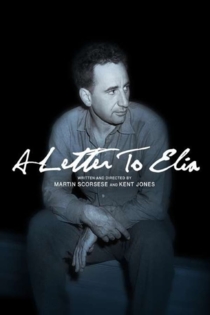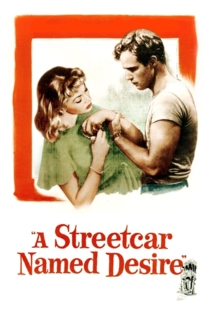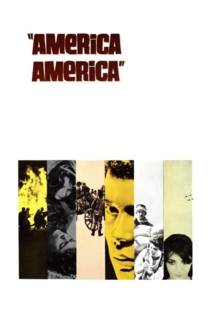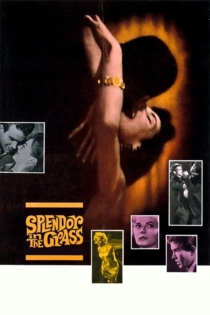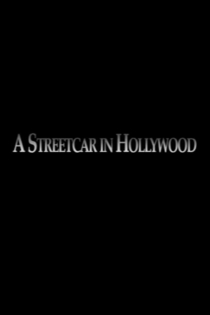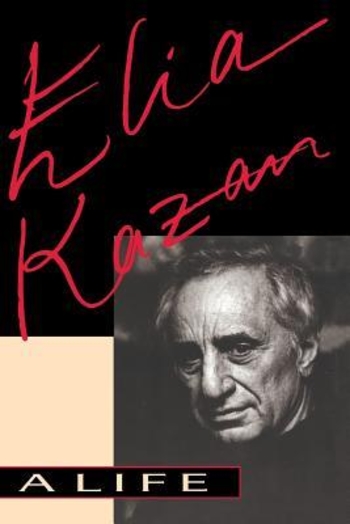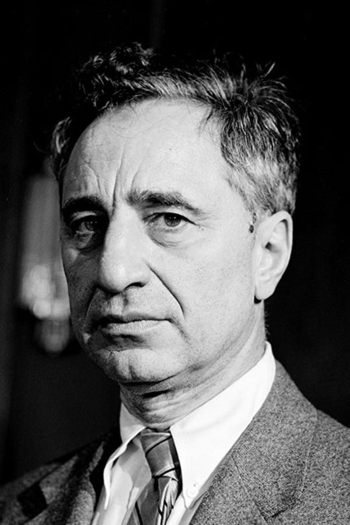
Elia Kazan
1909 - 2003Overall, Kazan influenced the films of the 1950s and 1960s by his run of provocative, issues-driven subjects, and acting. Moreover, his personal brand of cinema, employing real locations over sets, unknowns over stars, and realism over convenient genres, proved influential to a whole generation of independent filmmakers in the 1960s. Film author Ian Freer concludes that "If his achievements are tainted by political controversy, the debt Hollywood — and actors everywhere — owes him, is enormous." In 2010, Martin Scorsese co-directed the documentary film, A Letter to Elia, as a personal tribute to Kazan, who he credits as the inspiration for his becoming a filmmaker.
A Personal Journey with Martin Scorsese Through American Movies
Martin Scorsese, Michael Henry Wilson
Martin Scorsese, Brian De Palma
Martin Scorsese celebrates American movies from the silent classics to the Hollywood of the seventies.
A Personal Journey with Martin Scorsese Through American Movies
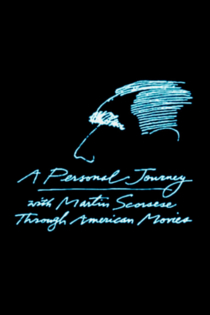
Arthur Miller, Elia Kazan and the Blacklist: None Without Sin
Michael Epstein
Elia Kazan, Arthur Miller
Director Elia Kazan and playwright Arthur Miller were once best friends and professional colleagues, to most that knew them then in both capacities as soul mates. Their politics were similar which was reflected in their work. Kazan was a Communist Party member for a few years in the mid-1930's, but Miller never officially joined the party ranks. Their relationship changed in the early 1950's when Kazan was subpoenaed to testify in front of the House Un-American Activities Committee where he named names of Communist Party members past and present.
Arthur Miller, Elia Kazan and the Blacklist: None Without Sin
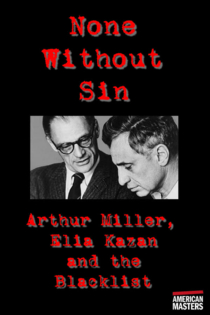
Tennessee Williams: Orpheus of the American Stage
Merrill Brockway
Tennessee Williams, Carroll Baker
A study of Tennessee Williams's life and work as a whole, ranging from his youth in Mississippi and in St. Louis to success and acclaim, followed by the final difficult years. Includes some of the most celebrated scenes from film adaptations of Williams' work, among them extracts of A Streetcar Named Desire (1951),Cat on a Hot Tin Roof (1958), Night of the Iguana, The (1964), and Suddenly, Last Summer (1993) (TV). Contains footage of Williams being interviewed, including conversations with David Frost, 'Edward R. Murrow (I)', and Melvyn Bragg, as well as reminiscences from people who knew and worked with him, among them Edward Albee, Gore Vidal, and his lifelong friend, Lady Maria St. Just. Features readings from Elia Kazan's Notebook by Kim Hunter.
Tennessee Williams: Orpheus of the American Stage
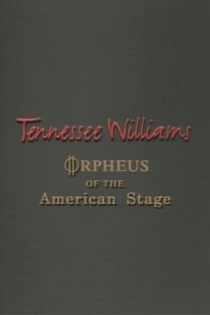
A Face in the Crowd
Elia Kazan
Andy Griffith, Patricia Neal
The rise of a raucous hayseed named Lonesome Rhodes from itinerant Ozark guitar picker to local media rabble-rouser to TV superstar and political king-maker. Marcia Jeffries is the innocent Sarah Lawrence girl who discovers the great man in a back-country jail and is the first to fall under his spell.
A Face in the Crowd
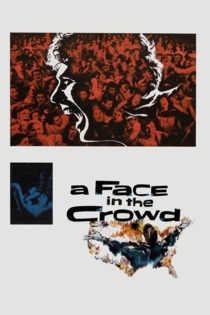
On the Waterfront
Elia Kazan
Marlon Brando, Karl Malden
Terry Malloy dreams about being a prize fighter, while tending his pigeons and running errands at the docks for Johnny Friendly, the corrupt boss of the dockers union. Terry witnesses a murder by two of Johnny's thugs, and later meets the dead man's sister and feels responsible for his death. She introduces him to Father Barry, who tries to force him to provide information for the courts that will smash the dock racketeers.
On the Waterfront
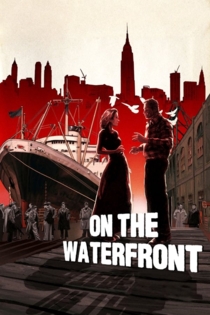
A Tree Grows in Brooklyn
Elia Kazan
Dorothy McGuire, Joan Blondell
In Brooklyn circa 1900, the Nolans manage to enjoy life on pennies despite great poverty and Papa's alcoholism. We come to know these people well through big and little troubles: Aunt Sissy's scandalous succession of "husbands"; the removal of the one tree visible from their tenement; and young Francie's desire to transfer to a better school...if irresponsible Papa can get his act together.
A Tree Grows in Brooklyn
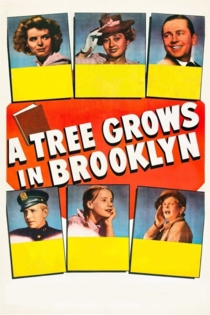
East of Eden
Elia Kazan
James Dean, Julie Harris
In the Salinas Valley in and around World War I, Cal Trask feels he must compete against overwhelming odds with his brother for the love of their father. Cal is frustrated at every turn, from his reaction to the war, how to get ahead in business and in life, and how to relate to his estranged mother.
East of Eden
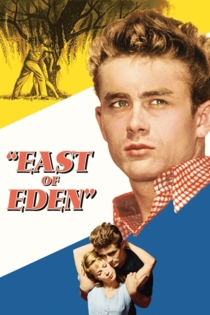
Wild River
Elia Kazan
Montgomery Clift, Lee Remick
A young field administrator for the TVA comes to rural Tennessee to oversee the building of a dam on the Tennessee River. He encounters opposition from the local people, in particular a farmer who objects to his employment (with pay) of local black laborers. Much of the plot revolves around the eviction of an elderly woman from her home on an island in the River, and the young man's love affair with that woman's widowed granddaughter.
Wild River
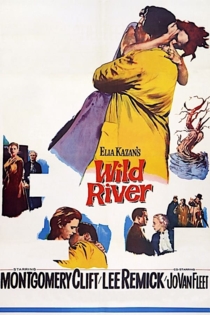
Empire City
Michael Blackwood
Donald Trump, Ed Koch
Guided by seasoned New Yorkers, political figures, and cultural connoisseurs, "Empire City" examines Manhattan and its surrounding boroughs in order to paint a portrait of the ever-evolving metropolis. Appearing to be both adaptable and stubbornly stagnant, New York is a city of juxtapositions. As our narrator notes, "The city is too big, too diverse, and too complex for anyone to comprehend. New York is many cities interlaced with one another, each in constant independent motion."
Empire City
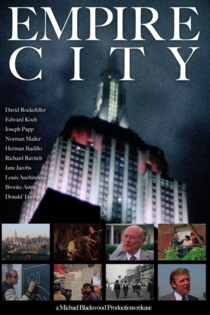
A Letter to Elia
Kent Jones, Martin Scorsese
Elia Kazan, Martin Scorsese
Director Martin Scorsese speaks candidly and passionately about one of his formative filmmaking influences: the late Elia Kazan. Utilizing precisely chosen clips from Kazan's signature films including "On the Waterfront," "A Streetcar Named Desire," "Gentleman's Agreement," "Baby Doll," "A Tree Grows in Brooklyn," "A Face in the Crowd," "America, America," and "The Last Tycoon," and interview footage of the director himself, co-directors Scorsese and Kent Jones recount the director's tumultuous journey from the Group Theatre to the Hollywood A-list to the thicket of the blacklist. But most of all, they make a powerful case for Kazan as a profoundly personal artist working in a famously impersonal industry.
A Letter to Elia
